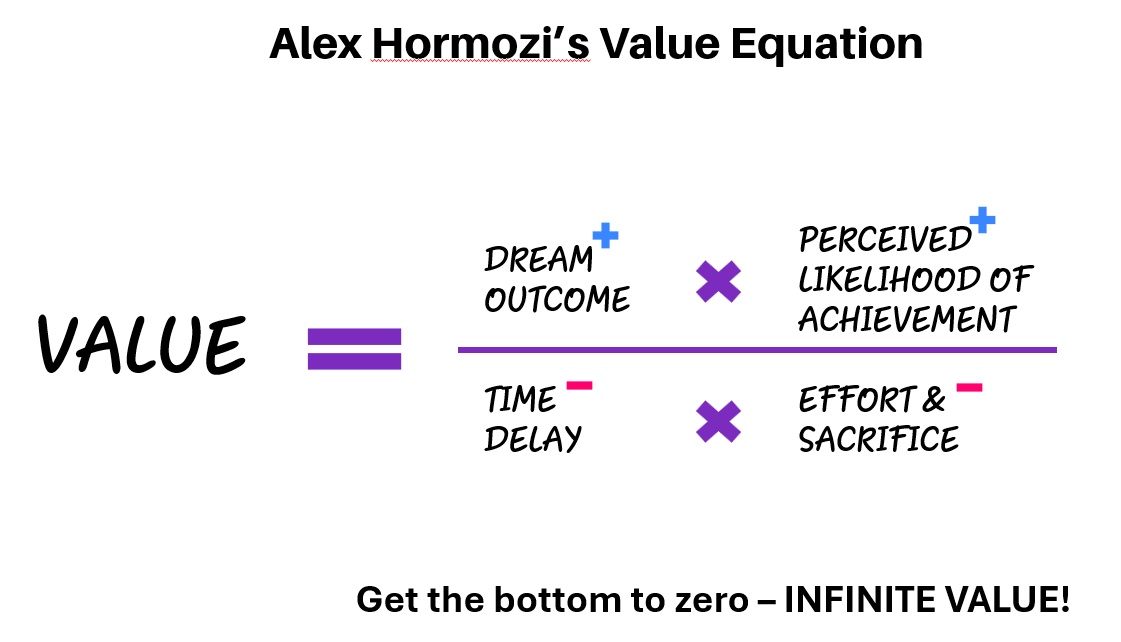The strategic rush job
Last week a startup I work with received great feedback for work we did over a weekend.
After the dust settled, it dawned on us that working last minute can turn to your advantage.
The startup and the big fish
Startups are to corporates as small fish are to big fish.
The startup wants to sell eagerly to a big company. The startup goes at great lengths to get the deal. Doing work for free, offering discounts, and planning many meetings with the potential client’s team.
This is not such a story. Startup X did the opposite with great result.
Rushing towards a pitch
On a Thursday we met with Corp Y to prepare for a big pitch for the next Tuesday. Corp Y apologized for not making time earlier.
Instead of pitching our platform or going into technical details, we kept asking questions to understand to Corp Y’s business need. We found that Corp Y could sign a couple of big deals if they could solve a specific problem.
Over the weekend we created the first step towards a solution, based on some data we received and some mocked data.
In the end it was just two or three graphs and a simple model, not even a prototype, that the CEO included in our pitch on Tuesday.
These were graphs were carefully crafted to address the paint point of Corp Y. In two slides we showed a path to a solution for their problem. These two slides secured the interest of Corp Y for the other 15 slides, that delved into our product.
After the pitch we received great feedback for being fast and to the point . We had impressed Corp Y with our speed and understanding of their problem.
Repeat what works
This episode tasted like more, so I wondered why does a rush job work?
I applied the value equation by Alex Hormozi, and reasoned how we moved the four factors that determine the perceived value of a product.

The value equation is simple:
- Dream outcome of Corp Y: solve the hard problem with us, so we can seal big deals. Rush effect: Because we had little time we could only focus on the no.1 problem, the dream outcome.
- Perceived outcome of achievement: can dream outcome be realised? Rush effect: great job in just one weekend shows mastery, and ability to execute and thus increasing the perceived likelihood of achievement.
- Time delay: how long does it take to realize dream outcome? Rush effect: We showed we can deliver fast, raising the expectation that we will deliver fast in the future.
- Effort: how much work does corp Y need to put in? Rush effect: we had just 1 meeting, got to the essence straight away and did all the work ourselves, raising the expectation that Corp. Y need to do little to keep us going.
Defining the strategic rush job
A strategic rush job is a rush job that affects all 4 factors in the value equation positively:
- Dream outcome of the client: nail the problem in one meeting
- Perceived outcome of achievement: show mastery by delivering a proposed solution fast
- Time delay: show that you can deliver fast now and in the future
- Effort: show that the client needs to put in little effort
When to apply the strategic rush job?
For startups trying to sell a product, it can be a good model that keeps you from doing work for free that harms your chances of success.
Besides avoiding waste, you can make combine the strategic rush job with the use of urgency and scarcity to turn around the big fish - small fish dynamic.
Scarcity
Big companies should understand that your time and attention are limited. Tell them you are busy and schedule a meeting one or two weeks before the pitch. Message of Scarcity: We are very busy, are not the only one who has noticed us.
Urgency
Message of urgency: If you want our time and attention, you need to jump at it now. Companies are in line to get served. You can increase this feeling by maintaining a waiting list that is visible for potential clients.
Wrapping up
A strategic rush job can
- Increase the perceived value of your product
- Increase perception of scarcity
- Increase perception of urgency
- Avoid waste
The ingredients for a strategic rush job are:
- Understand the no. 1 problem of your client
- Demonstrate mastery by delivering a proposed solution fast
- Demonstrate that you can deliver fast in the future
- Demonstrate that the client needs to put in little effort